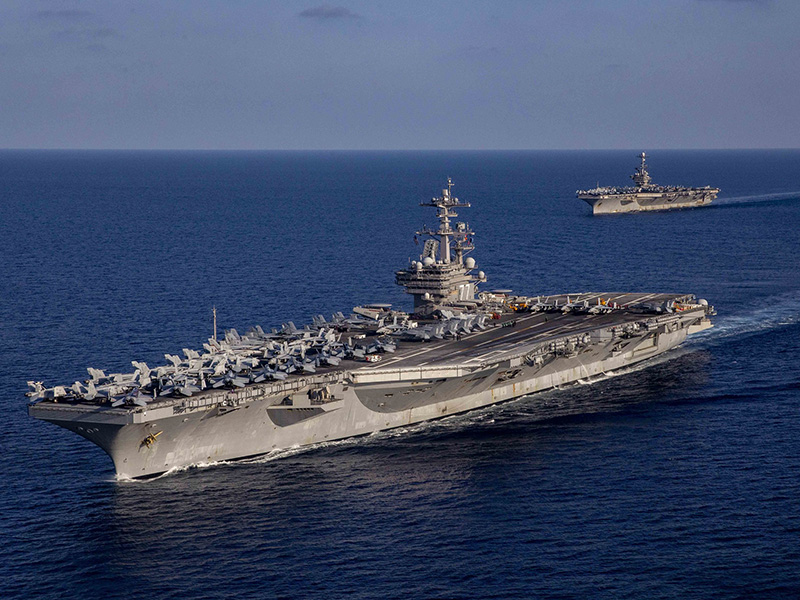AE3851: Spacecraft Propulsion - NPS Online
Overview
Introduces concepts and devices in spacecraft propulsion. It reviews fundamental compressible fluid mechanics, thermodynamics with combustion analysis, and cycle analysis for liquid rocket engines. Conventional monopropellants, bipropellants, and solid propellants are discussed. Electric propulsion schemes (resistojets, arcjets, ion, magneto-plasma-dynamic, etc.) are introduced and their performances contrasted with chemical schemes. Characteristics of more advanced concepts (laser, solar, nuclear, etc.) are also considered.
Prerequisites
- MA2121
Learning Outcomes
At the completion of the course students will be able to:
- Determine nozzle performance parameters given appropriate boundary conditions.
- Analyze the effect of chamber temperature and gas characteristics on chemical rocket performance.
- Evaluate the effect of a flight environment effect on optimum chemical rocket nozzle design.
- Recognize the salient characteristics (strengths and weaknesses) of liquid propellant engine cycles.
- Evaluate solid propellant characteristics on performance and operability in a solid fuel chemical rocket design.
- Estimate the performance of a solid propellant chemical rocket given propellant composition, grain design, flight conditions, and nozzle configuration.
- Apply the principles of electrothermal and electrostatic propulsion to specific mission requirements to determine required power, propellant mass, and propellant type.
- Apply the principles of electromagnetic propulsion to specific mission requirements to determine required power, propellant mass, and propellant type.
Offerings database access

Asset Publisher
Application Deadlines
No upcoming deadlines.
Asset Publisher
Academic Calendar
No upcoming events.
